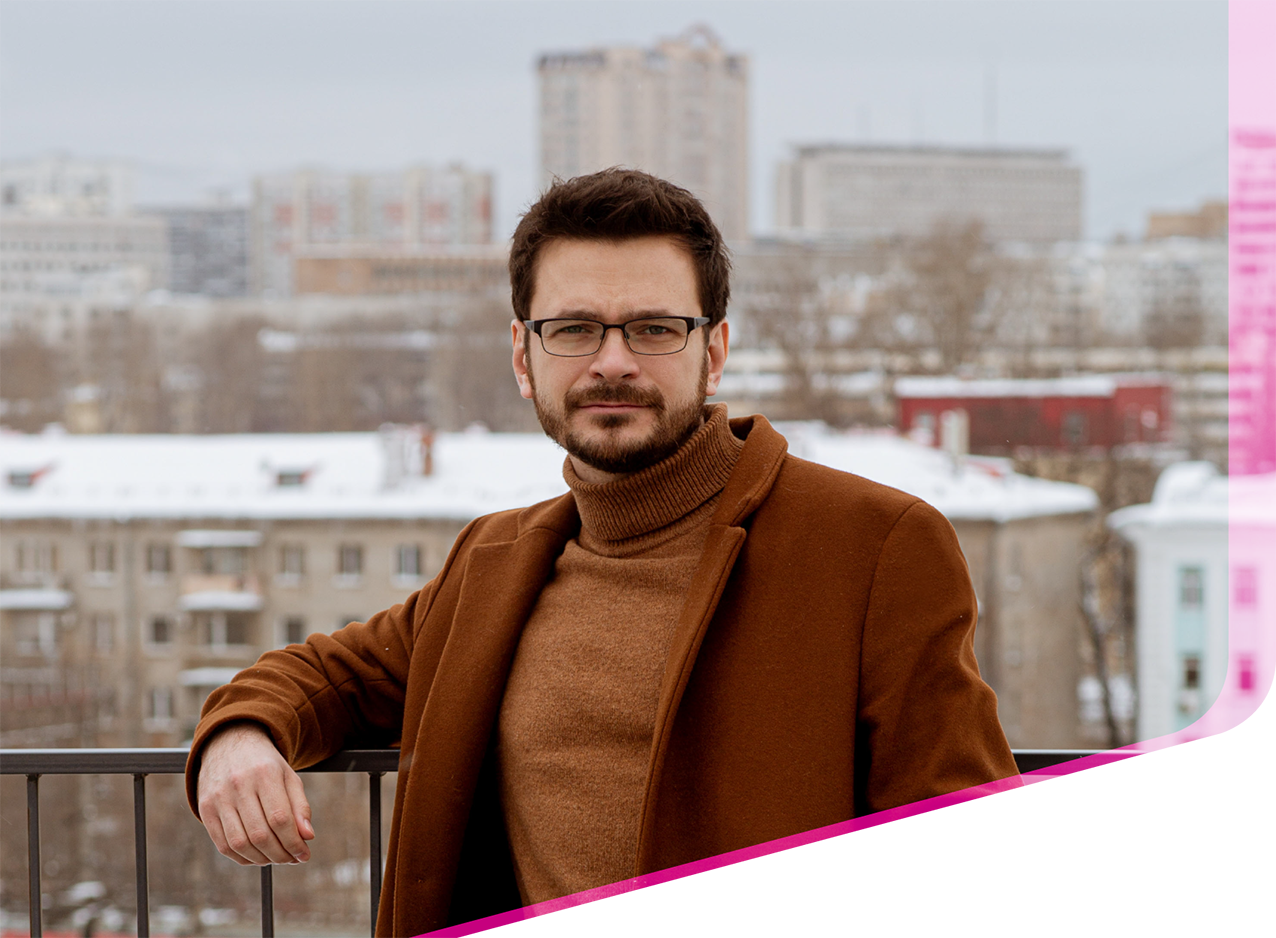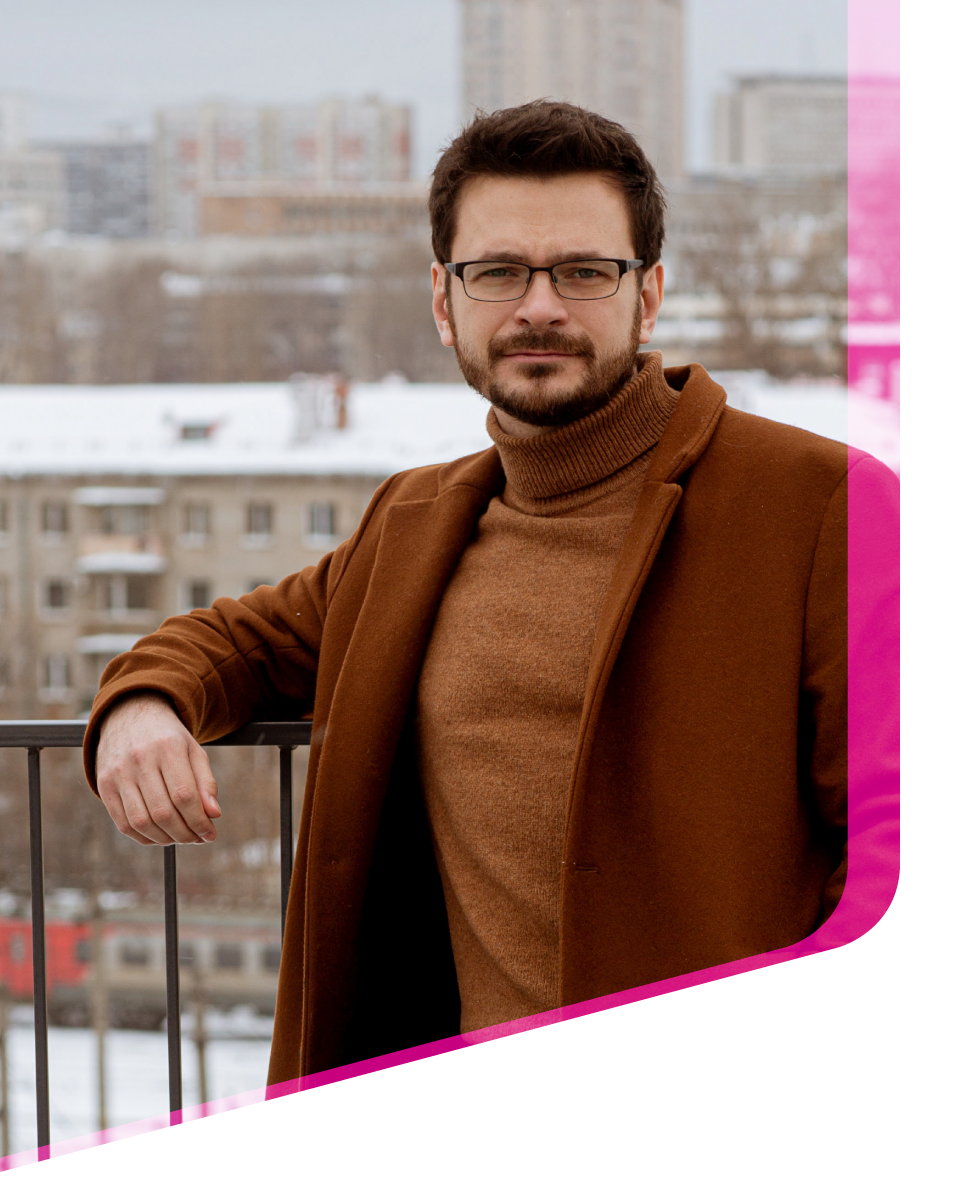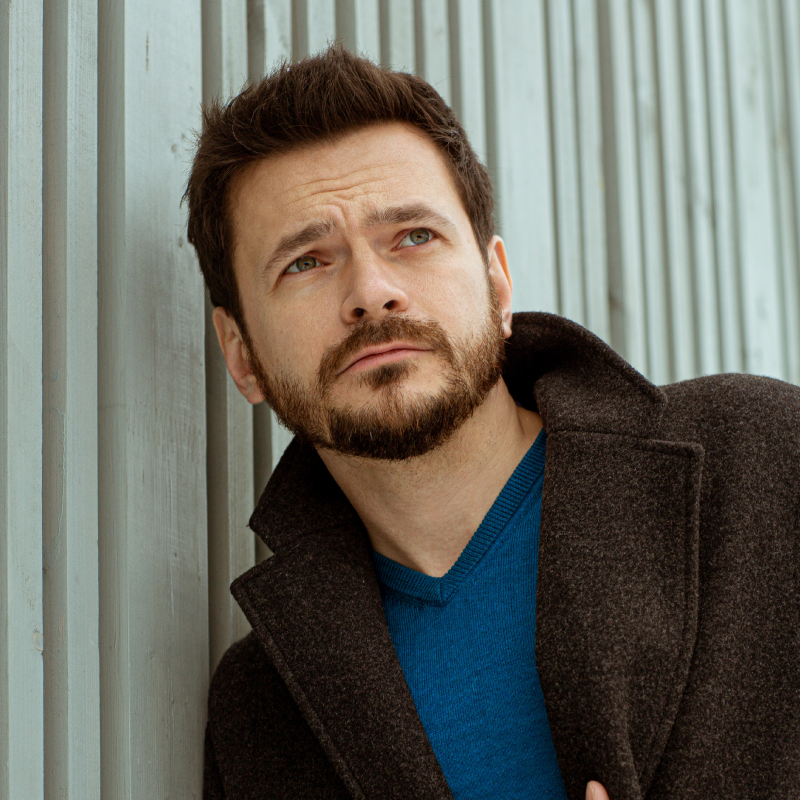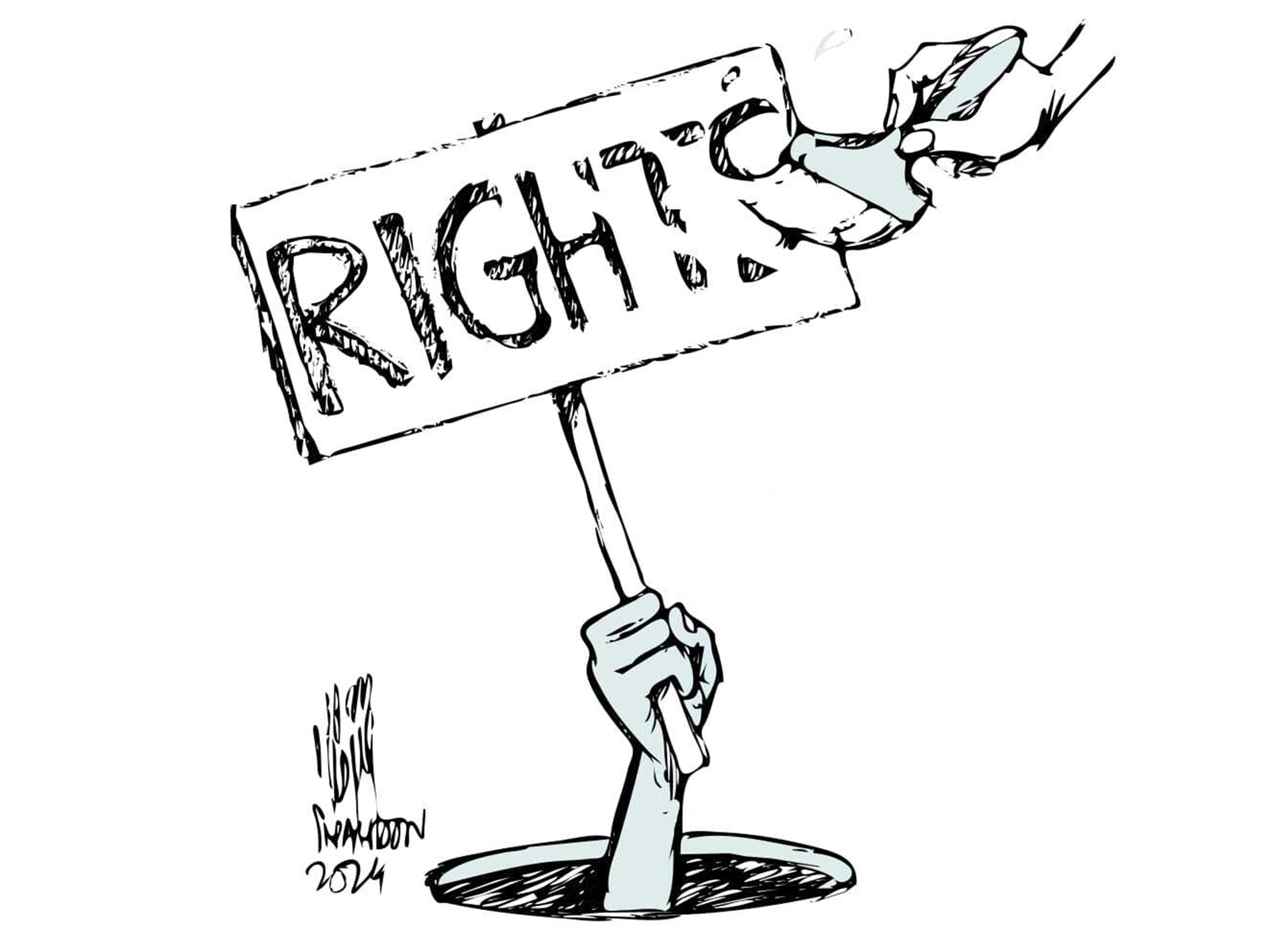
Russia
Russia
Russia
Ilia Yashin
Ilia Yashin
Ilia Yashin
Pro-Democracy activist
Pro-Democracy activist
Pro-Democracy activist

Russia
Ilia Yashin
Pro-Democracy activist
“I would like to see Russia as a peaceful, free, and just state.”

VITA
Ilya Yashin is a Russian politician and opposition leader, who began his political career in the early 2000s and co-founded the political movement "Solidarity" in 2008. Ilia has authored numerous analytical reports exposing government corruption, including the report entitled: "Putin. War," which he published after the death of Boris Nemtsov - continuing Nemtsov's work. Ilia served as the head of the Council of Deputies of one district in Moscow. In 2012, he won the municipal elections with his "Solidarity" team, forming a majority. During his tenure, he notably refused to use official transport, converting it into a social taxi for district residents. In June 2022, Illia was arrested for speaking out against the war in Ukraine and reporting on the atrocities in Bucha. As a result, he was sentenced to 8.5 years in prison. During his imprisonment, he continued to speak out against the war. At the beginning of August 2024, he was released as a political prisoner as part of an exchange. The interview was conducted during his imprisonment.
You have dedicated over two decades of your life to promoting democracy in Russia. Do you remember when did you decide to work in Russian politics and why?
I began to engage in politics in 2000 when I was studying in my first year at the University in Moscow. The irony is that in this exact year, Putin was first elected as president. So, for as long as he has been leading the country, I have been in opposition to him. The main motivation for my involvement in politics at that time was the militarism of the new president, which effectively brought him to power. Even while serving as prime minister, Putin started a war in Chechnya, and it was clear to me that under the guise of restoring order and strengthening the state, he intended to create an authoritarian regime relying on the security services. In addition to the war, he immediately began exerting pressure on independent media, parliament, and the most autonomous governors, sharply increased the role of the security services, and reinstated the Stalinist anthem, and so on. In short, he started building a state that I strongly disliked and considered dangerous for the citizens. Therefore, even in my first year at the institute, I found like-minded individuals willing to resist Putin's course and defend a more civilized path of development for Russia. That's how I ended up in the democratic opposition.
Over the past three decades, Russia's trajectory has regrettably seen a deterioration from nascent democracy to repression, political assassinations, and war. Are there any missed opportunities or regrets regarding actions not taken that could have averted these crises?
I regret that neither my comrades nor I were able to present to our society compelling enough arguments to choose a different path for Russia. I regret that in the late 1990s, the circle surrounding President Yeltsin, when deciding on a successor, only thought about their own ambitions, rather than the interests of the country. I regret that the democratic opposition at the beginning of the 2000s did not show the required level of responsibility, did not unite, and lost representation in parliament, thus facilitating Putin's usurpation of power. I regret that at the start of Putin's rule, our society unquestioningly agreed to a deal with the Kremlin, exchanging civil liberties and political rights for economic growth fueled by the influx of petrodollars. Certainly, there is much to regret and reflect on, but on the other hand, what is the point? Probably, the current dramatic stage in Russia's history has objective reasons, linked to post-imperial syndrome, revanchist sentiments due to the defeat in the Cold War, and the collapse of the USSR. However, I still prefer to look forward and think more about how to get out of the current impasse, how to preserve Russia, and how to ensure its transformation into a peaceful and free state.

You made a conscious decision not to leave Russia when the threat of arrest was apparent and chose to go to prison for your beliefs. Could you explain why?
I'm a Russian politician and I believe in being with my people, as they say, in joy and in sorrow. Here, amidst the graves of my ancestors and friends, to live with the people who trust me and rely on me. Where could I run away from them? And what would I do abroad? Probably, I would participate in "good Russian" forums, nibble on French bread at protocol meetings, and conduct endless internet streams, telling my compatriots from a safe distance how they should fight the Putin regime. No, this isn't for me. I don't want to judge any of my opposition colleagues who chose emigration over imprisonment. Humanly, it's a completely understandable choice. But personally, I find it more psychologically comfortable to take the hit than to run away from the fight and surrender.
How can those who are free continue your cause and how should the international community help?
I think it is important for my like-minded people who are currently free to prioritize correctly. We need to focus on what unites us, not divides us, forget about conflicts, and concentrate on anti-war work. We need to create mechanisms of solidarity and collective action that can help supporters of change in Russia and involve them in volunteer projects. We need to help numerous political prisoners, especially the not well known, who found themselves one-on-one with the regressive system. We need to create an image of the future of Russia that is attractive to the majority of our citizens. As for the international community, I think its main task is simply to save Ukraine from Putin's aggression. Saving Ukrainian sovereignty and the Ukrainian people who alone are unlikely to cope with the aggression. If Putin is allowed to devour Ukraine, it will be a colossal blow to international security and the entire free world. But as for the idea that the world community will build democracy in Russia, I don't count on it. This work we will have to do it ourselves, it is our responsibility.
What kind of Russia would you like to see in the future?
I would like to see Russia as a peaceful, free, and just state, where the priorities are the individuals and their development. The trouble is that our society is constantly being imposed with "great ideas" that require endless human sacrifices. To hell with such ideas - everything should be the other way around. People should not sacrifice themselves for the state and the ambitions of its leaders; otherwise, the state should work for the people, guaranteeing them a happy life, high prosperity, and a comfortable environment. Only in this way can true greatness be achieved, not through wars, imperial ambitions, and geopolitical super-tasks.
The interview with Ilia Yashin was conducted during his imprisonment.
Russia
